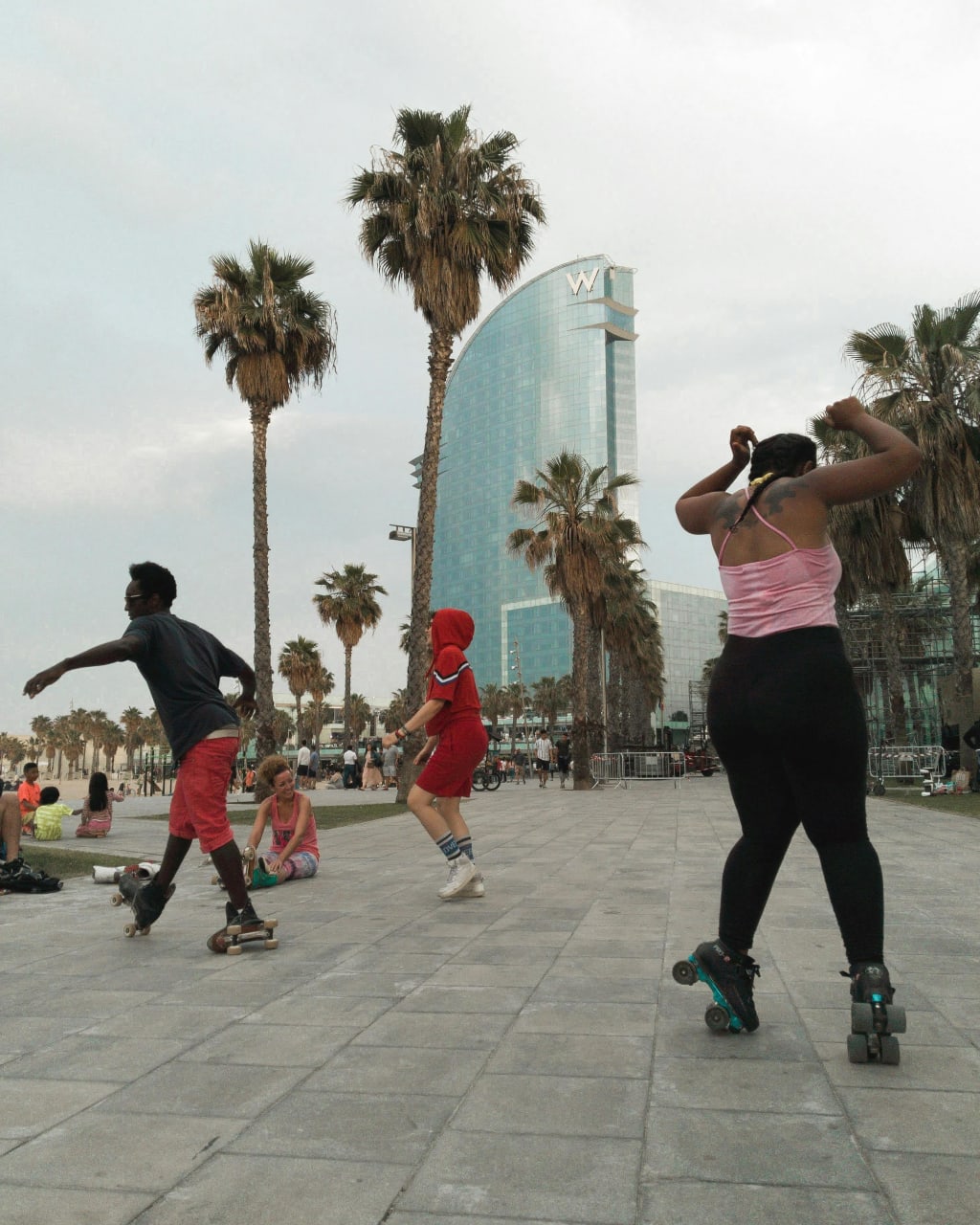The Vibrant Music and Dance Scene in Angola: A Rhythmic Journey.
Explore the rich and diverse world of Angolan music and dance, from traditional rhythms to modern influences.

Exploring Traditional Angolan Music
Angolan music is deeply rooted in the country's cultural heritage and traditions. It reflects the history, beliefs, and values of the Angolan people. Traditional Angolan music is characterized by rhythmic beats, melodic tunes, and powerful vocals. It often incorporates instruments such as the mbira, marimba, and ngoma drums. Exploring traditional Angolan music provides a glimpse into the soul of the nation and its rich musical heritage.
Another aspect of traditional Angolan music is the role it plays in various rituals and ceremonies. Music is used to celebrate important events, such as weddings, births, and harvest festivals. It is also a means of storytelling, passing down legends and historical accounts from one generation to another. By delving into traditional Angolan music, one can gain a deeper understanding of the country's cultural tapestry and the significance of music in everyday life.
Influence of Afro-Latin Beats
Angolan music has been heavily influenced by Afro-Latin beats, creating a unique fusion of rhythms and styles. The historical connections between Angola and Latin America, particularly countries like Brazil and Cuba, have played a significant role in shaping the music scene. The influence of Afro-Latin beats can be heard in genres such as semba, which combines African rhythms with Latin dance elements.
The incorporation of Afro-Latin beats in Angolan music has not only added a vibrant and energetic flair but has also contributed to the global popularity of genres like kizomba. This fusion of African and Latin sounds has captivated audiences worldwide, making Angolan music a powerful force in the global music industry.
The Rise of Kizomba and Semba
Kizomba and semba are two iconic genres that have risen to prominence in Angolan music. Kizomba, which means 'party' in Kimbundu, is a sensual dance style accompanied by melodic music. It originated in Angola in the late 1970s and gained international recognition in the 1990s. Kizomba combines elements of zouk, semba, and other African rhythms, creating a smooth and romantic dance experience.
Semba, on the other hand, is considered the predecessor of kizomba and is deeply rooted in Angolan culture. It is a lively and energetic music and dance style that evolved during the colonial period. Semba is characterized by its fast-paced rhythms, intricate footwork, and expressive movements. Both kizomba and semba have become popular not only in Angola but also in countries around the world, contributing to the global spread of Angolan music and dance.
Celebrating Angolan Dance Styles
In addition to music, dance plays a vital role in Angolan culture and is an integral part of celebrations and social gatherings. Angolan dance styles are known for their dynamic movements, rhythmical footwork, and vibrant energy. Traditional dances like the kuduro, rebita, and kazukuta showcase the rich cultural heritage of Angola and embody the spirit of its people.
Angolan dance styles have also evolved over time, influenced by various music genres and international dance trends. From the traditional to the contemporary, Angolan dance continues to captivate audiences with its passion and expression. It serves as a form of self-expression, storytelling, and cultural preservation, keeping the spirit of Angolan dance alive.
Impact of Angolan Music on Global Stage
Angolan music has made a significant impact on the global stage, captivating audiences far beyond the borders of Angola. The unique blend of traditional and modern sounds, coupled with the infectious rhythms and soulful melodies, has garnered international recognition and acclaim.
Artists such as Bonga, Paulo Flores, and Yuri da Cunha have brought Angolan music to the forefront of the global music scene, showcasing the talent and creativity of Angolan musicians. The popularity of genres like kizomba has led to collaborations with international artists and the inclusion of Angolan music in mainstream media and entertainment.
Moreover, Angolan music festivals and events have become platforms for cultural exchange and appreciation. They attract music lovers and enthusiasts from around the world, fostering cross-cultural connections and creating opportunities for artists to showcase their talent on an international stage.
The impact of Angolan music on the global stage extends beyond just entertainment. It serves as a powerful tool for promoting Angolan culture, heritage, and identity, allowing the world to experience the vibrancy and richness of Angolan music and dance.
About the Creator
Enjoyed the story? Support the Creator.
Subscribe for free to receive all their stories in your feed. You could also pledge your support or give them a one-off tip, letting them know you appreciate their work.






Comments
There are no comments for this story
Be the first to respond and start the conversation.